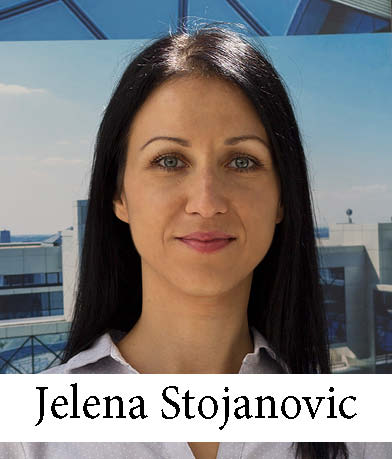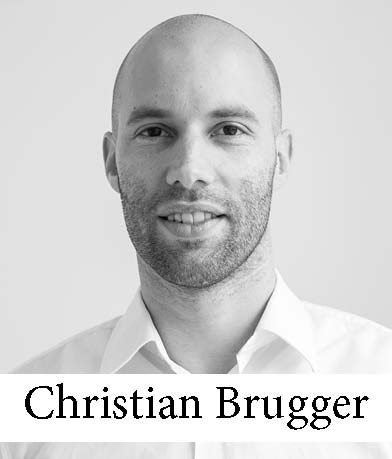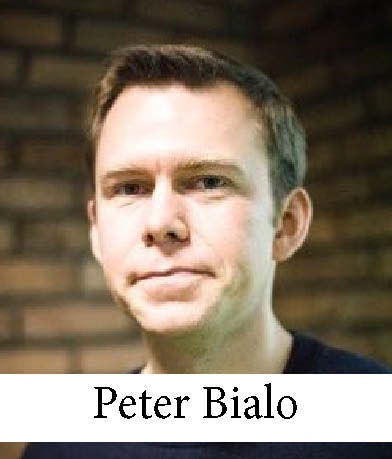On August 8, 2016, CEELM reported that Sorainen had represented the Bauskas Dzive newspaper in a dispute with the Iecava Regional Council in Latvia on a pro bono basis. We asked Anita Rozentale, the CEO and Chief Editor of Bauskas Dzive, to eleborate on the procedings.
CEELM: Can you explain a bit about the dispute? What were the articles and advertisements published by the Iecava Municipality Council in Iecava Zinas that the dispute was based on?
A.R.: This is a fundamental issue for a democratic state – a free and independent media that competes under fair conditions of competition. Under Latvian law municipalities in certain situations have an obligation to distribute public relations information about their work and decisions that have been adopted. To some extent the law also addresses the channels that municipality may use to distribute this information. For this purpose a municipality may issue its own newsletter or publication. However, the law does not allow municipalities to engage in commercial activities by competing with independent private media. For many years a number of local municipalities (in some biggest cities and regional centers) have been engaging in this unfair commercial activity and have been pretending to be independent newspapers by publishing 1) journalist-genre articles and information (as opposed to pure public relations information); and 2) publishing and selling advertisements and announcements for considerably discounted prices. The prices are below market prices due to subsidies by the municipality that come from the municipality’s budget. These municipality newspapers are directly subordinated to the head of the municipality who is a politically elected official representing political parties, and the editor-in-chief is appointed by the municipality or, in many instances, may even be an official of the municipality. Most of these newspapers employ municipality paid PR experts instead of journalists. These municipality newspapers have not only become tools of propaganda of the governing political power, but are also seriously distorting the independent regional media market in Latvia, causing unfair competition and disrupting the economic basis of the independent regional media struggling to survive. Moreover, this practice distorts the understanding of the role of an independent media in a democratic society and it contradicts the principle of freedom of press. As a result, one of the four powers, an independent media in a democratic society, is losing its role in supervising the government.
Under this background, in protecting the principles of a democratic society and media independence, the newspaper Bauskas Dzive (BDz) decided to fight with the Iecava Regional Council (the “Council”) over its publishing of journalistic articles and advertising in the municipal newspaper Iecavas Ziņas – a practice that endangers freedom of the press in Latvia and violates a number of laws and the Latvian Constitution. BDz – with the help of the Latvian Association of Journalists – engaged Sorainen, a leading regional law firm, to help in this fight. Given the greater good and importance of the case for the democracy in Latvia, Sorainen agreed to represent BDz pro bono. BDz has filed a claim with the administrative court and has asked the Council to stop publishing these items in the municipal newspaper, and claimed damages for a certain period of time. The claim in detail provides examples of journalist-genre publications that have nothing to do with the municipality’s activities. It also analyses market prices of the advertisements and announcements in similar publications. The Council has so far avoided responding to BDz’s basic request. However, the Administrative District Court has imposed an obligation on the Council to respond to BDz’s application by August 15, 2016.
CEELM: Is this the first such dispute between Bauskas Dzive and the Council?
A.R.: This is the first time the matter has been brought to court. Iecavas Zinas has been published since 2009, but BDz has applied numerous times to the Ministry of Regional Development and other high state officials. Journalists and their professional organizations have been drawing the government’s attention to this issue without any notable success. BDz even applied to the President of Latvia. After these unsuccessful attempts we decided to turn to the court. On February 2016 we sent a letter to the Iecava municipality asking it to stop this illegal practice. The municipality did not reply for four months. BDz was forced to file a lawsuit in Administrative District Court. This matter is difficult for the management of the BDz emotionally and professionally. The Iecava municipality is creating various obstacles for our journalists, for example, denying access to information. This is our first experience doing this, and it is a tough one.
CEELM: The Administrative District Court obliged the Council to respond to BDz’s application by Monday, August 15th. Have they done so?
A.R.: Yes, they have responded. At this moment our lawyers are analyzing the reply of the municipality and we are waiting for them to come up with recommendations.
CEELM: What did the municipality say? What’s your next step?
A.R.: The Iecava municipality does not admit the wrongdoing and illegal practices and has refused to cease the illegal activity (excess of powers). Our Sorainen lawyers are preparing next steps and the actions to be taken. Since the reply of municipality fails to comply with the court’s order fully, it gives us further ground to file additional submissions with the court and continue this dispute. We are determined to fight this fight till the end.
CEELM: Why did you reach out to Sorainen in particular for assistance in this matter?
A.R.: This case is about fundamental values relating to fair competition and freedom of the press in Latvia. We also hope that our case will inspire other independent regional media to fight as well to ensure their existence and to promote the sustainability and professionalism of regional independent media. Nevertheless, without top legal support this struggle is impossible. The Association of Latvian Journalists, in which I am a member, made an agreement with Sorainen, and their attorneys prepared the case for the court and are representing us in the proceedings. Sorainen provides its legal assistance pro bono, which is crucial for us, since regional press in Latvia cannot afford such legal expenses. According to Sorainen they agree to work in this case pro bono because, like us, they care for democracy and values that are key in a democratic society, and they believe that democracy cannot last without freedom of press and an independent, professional regional media.



